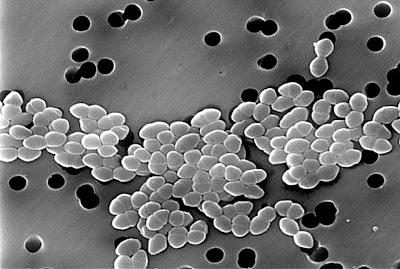
If you're looking to lose those extra pounds, you should probably add reducing stress and getting the right amount of sleep to the list, say researchers from Kaiser Permanente's Center for Health Research in Portland.
In fact, although diet and exercise are the usual prescription for dropping pounds, high stress and too little sleep (or too much of it) can hinder weight loss even when people are on a diet, the researchers report.
"We found that people who got more than six but less than eight hours of sleep, and who reported the lowest levels of stress, had the most success in a weight-loss program," said study author Dr. Charles Elder.
Elder speculates if you are sleeping less or more than recommended and if your stress levels are high, you will not be able to focus on making behavioral changes.
These factors may also have a biological impact, he added.
"If you want to lose weight, things that will help you include reducing stress and getting the right amount of sleep," Elder said
Read More
In fact, although diet and exercise are the usual prescription for dropping pounds, high stress and too little sleep (or too much of it) can hinder weight loss even when people are on a diet, the researchers report.
"We found that people who got more than six but less than eight hours of sleep, and who reported the lowest levels of stress, had the most success in a weight-loss program," said study author Dr. Charles Elder.
Elder speculates if you are sleeping less or more than recommended and if your stress levels are high, you will not be able to focus on making behavioral changes.
These factors may also have a biological impact, he added.
"If you want to lose weight, things that will help you include reducing stress and getting the right amount of sleep," Elder said
Read More














